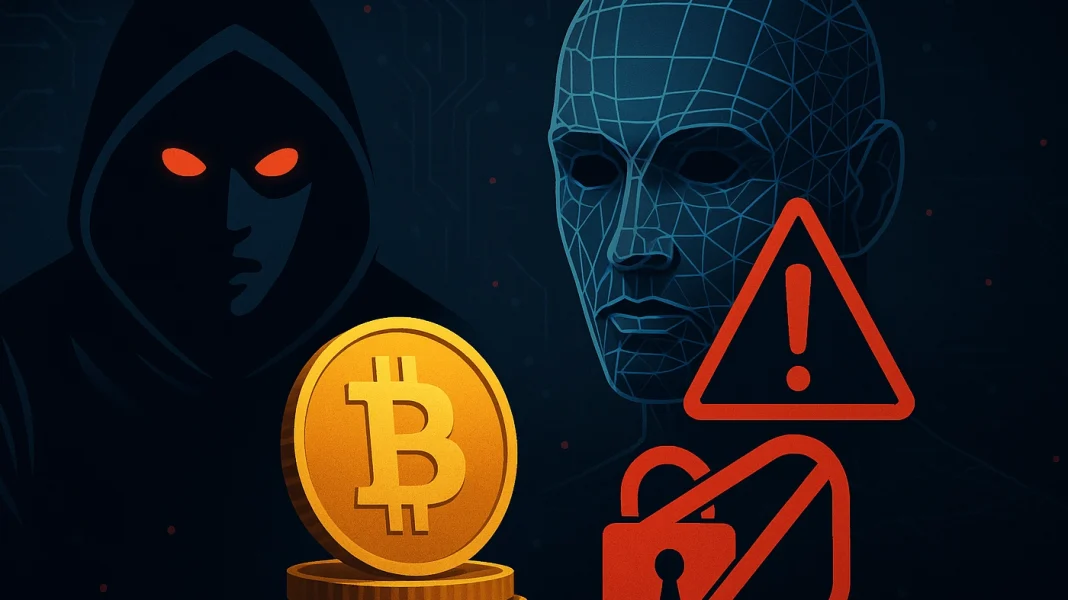Okay, picture this, you’re at the office, minding your business, when suddenly, bam, somebody who looks like Elon Musk is pitching you a hot investment deal. Only problem? It’s not Elon.
It’s a deepfake, a slick AI-generated video designed to rob you blind. Welcome to 2025, where crypto scams are downright cinematic.
Reject what you see
Bitget’s new report revealed that $4.6 billion in crypto vanished into thin air last year. That’s a 24% jump from 2023. And 40% of the big-ticket frauds?
Those were powered by AI deepfakes impersonating government officials, billionaires, and celebrities.
It’s like the scammers hired Hollywood’s best special effects team, but instead of making movies, they’re making your wallet disappear. Not bueno.
The report paints a pretty grim picture, as scams have evolved beyond just tech tricks. They’re now more like actual psychological warfare.
From wallet takeovers to multimillion-dollar cons, these attacks are personalized, believable, and quite tough to spot.
Remember that fake Elon Musk scam? It’s been around since 2022, three freakin’ years, but AI has made these deepfakes so convincing, even your Uncle Bob might fall for them.
Hop on a call?
Zoom calls have become another playground for these crooks. Imagine getting a call from someone posing as a top exec or a journalist, offering you a job or an interview.
Sounds legit, right? But during that call, they hijack your computer, swipe your data, and maybe even your private crypto keys. Bitget says attackers use AI to whip up video and audio content that’s so real, it’s scary.
It’s not all about deepfakes, though, because social engineering scams, think romance scams where con artists sweet-talk victims into handing over cash, still rank high on the danger list.
And good old Ponzi schemes? You bet. They’ve gone digital, hiding behind buzzwords like DeFi, NFTs, and GameFi.
These schemes dress up as legit projects but are just classic scams where new money props up old debts until the whole thing crashes. Some even use game-like interfaces and deepfake celebrity endorsements to reel in victims.
New threat
They say the crypto world is like the wild west, but it’s likely worst, as it has turned into a high-stakes thriller.
Experts say five years ago, avoiding scams was about dodging shady links.
Now? You gotta question what you see and hear. As Bitget’s CEO Gracy Chen puts it, we thought volatility is the problem, but it’s not.
“The biggest threat to crypto today isn’t volatility, it’s deception.”
Disclosure:This article does not contain investment advice or recommendations. Every investment and trading move involves risk, and readers should conduct their own research when making a decision.
Kriptoworld.com accepts no liability for any errors in the articles or for any financial loss resulting from incorrect information.


